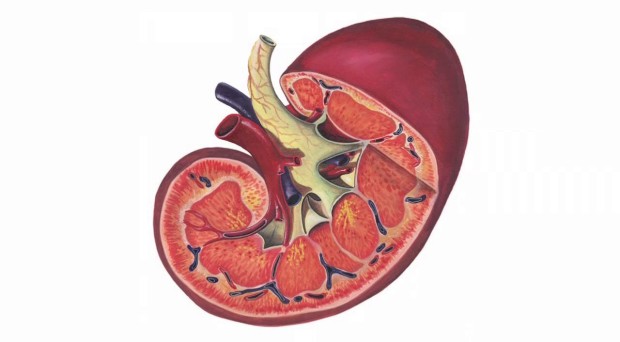
The kidney in critical care: From passive bystander to active player
For many years, the kidneys were merely considered as ‘innocent bystanders’ in the critical care setting. Intensive Care Unit (ICU) physicians saw acute kidney injury (AKI) either as an inevitable consequence or as a marker of acute hemodynamic instability and strongly believed that improving the patient’s condition would automatically benefit any ‘collateral’ renal damage.
Unfortunately, renal function did not recover, or only did so partly, in many patients. Awareness accrued that the state of these affable bean-shaped organs might significantly determine outcome in a majority of critically ill medical, surgical and trauma patients. Also, AKI itself was found to be independently associated with increased ICU and hospital mortality.
AKI itself was found to be independently associated with increased ICU and hospital mortality.
Born in the ICU: The Critical Care Nephrologist!
With this in mind, some nephrologists became very intimate with the ‘do’s and don’ts’ regarding kidney function in the critically ill. The specific metabolic demands and complex acid-base disorders associated with AKI in combination with a spectacular evolution of renal replacement therapy and techniques gradually established critical care nephrology as an essential ICU subspeciality.
Why organize a World Kidney Day?
World Kidney Day is an annual event, organized on March 10, with the intention to promote kidney health. World Kidney Day was initiated in 2006 and has gained popularity ever since.
All over the world, people involved in this campaign take part in a wide variety of events ranging from public screening programs in Argentina to Zumba marathons in Malaysia. A particular theme is highlighted every year. At the outset, attention primarily focused on chronic kidney disease, yet AKI increasingly became a topic of interest.
More detailed information is available on the website.
Why is World Kidney Day important for the critical care nephrologist?
Evidence points out that one single episode of ICU-acquired AKI may evolve towards chronic kidney disease and lifelong dialysis. Thus, correct and timely prevention measures are of utmost importance to avoid occurrence or progression of AKI in critically ill patients at risk.
This encompasses early resuscitation to assure rapid normalization of vital parameters (cardiac output, blood pressure, and oxygen delivery), adequate infection (source) control, and avoiding unnecessary or excessive exposure to nephrotoxins (contrast agents, certain antibiotics, etc).
Moreover, the choice of initial renal replacement therapy in the ICU (e.g. applying a continuous instead of intermittent dialysis technique) may significantly determine future kidney function and eventually halt the progression to irreversible chronic renal failure.
Read more for World Kidney Day in our blog post ‘Healthy Kidneys, Healthy Kids!’
Actually the world kidney day is one of the most important day because we need to take care of kidney problems causes and the right treatments. This day is for the people who don’t know the kidney problems and treatments so we can spread kidney awareness news to all people.